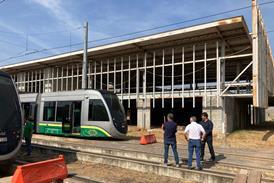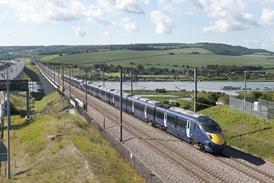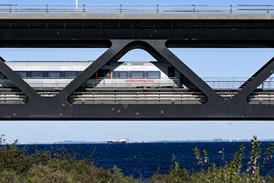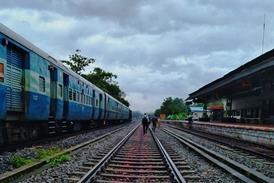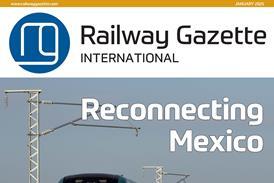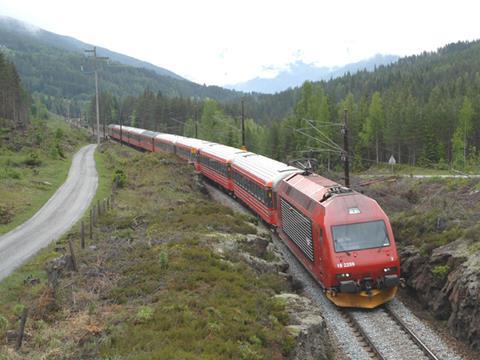
NORWAY: Proposals for reform of the railway sector have been announced by Minister of Transport & Communications Ketil Solvik-Olsen and representatives from the government parties Høyre and Fremskrittspartiet and their parliamentary support parties Venstre and Kristelig Folkeparti. A white paper was published on May 12 and is to be presented to parliament in the near future.
‘The current organisation is not fully suited to purpose, and the major participants in the railway sector have been asking for a reform, a fact that serves to emphasise the need for systemic change’, said Solvik-Olsen. Current concerns include unclear divisions of responsibility, weak economic incentives and a lack of customer focus. The government envisages that that co-ordination with other modes could be improved, while competition could increase efficiency and innovation.
Under the proposals the state would remain the owner of the rail network, with a state-controlled infrastructure manager awarded a long-term licence to manage all railway property. The ministry said its experience of tendering some maintenance activities had been positive, and more tasks would be put out to competitive tender under longer-term contracts.
The government’s responsibilities would be gathered into one ‘state-controlled and strong’ railway directorate tasked with long-term planning and co-ordination. This would own the infrastructure manager, and be responsible for the budget for the rail sector as a whole. It would take over the long-term planning roles from current infrastructure manager Jernbaneverket, and could be merged with the road directorate.
On the operations side, the government aims to ‘bring the positive elements of competition into the railway sector to a higher degree’. The freight market is already open to competition, and awarding an NSB subsidiary a contract to operate Oslo - Gjøvik passenger services from 2006 after a tendering process which attracted three bids had ‘resulted in a satisfying increase in the number of passengers carried, and the customer satisfaction is very high’.
The government envisages calling tenders for between six and eight regional contracts to operate passenger services. The successful bidders would take on revenue risk to focus their attention on increasing traffic. However, in cases where such an arrangement would be unsuitable, owing to planned infrastructure enhancements or other market changes, other types of contract would be considered.
State-owned operators NSB and Flytoget would be able to compete for contracts, although the former's rolling stock and maintenance activities would be transferred to another state-owned company. The infrastructure manager would take over NSB's property arm.
‘The role of the railways in the transport system is to be strengthened’, said Solvik-Olsen. ‘An increase in grants and improvements in organisation will transform the railways into a key transport sector in the future. The railway reform will better distribute the various fields of responsibility and thus ensure a more professionally organised system. I am satisfied with the substantial and positive engagement shown by the participants in the railway sector in connection with the work on the reform.’

